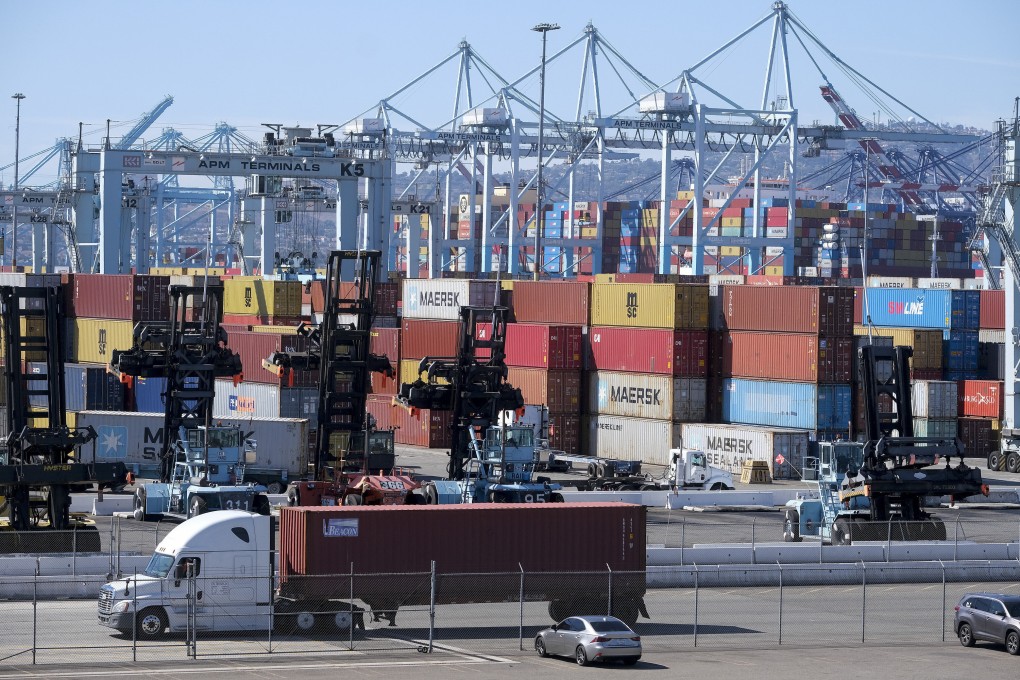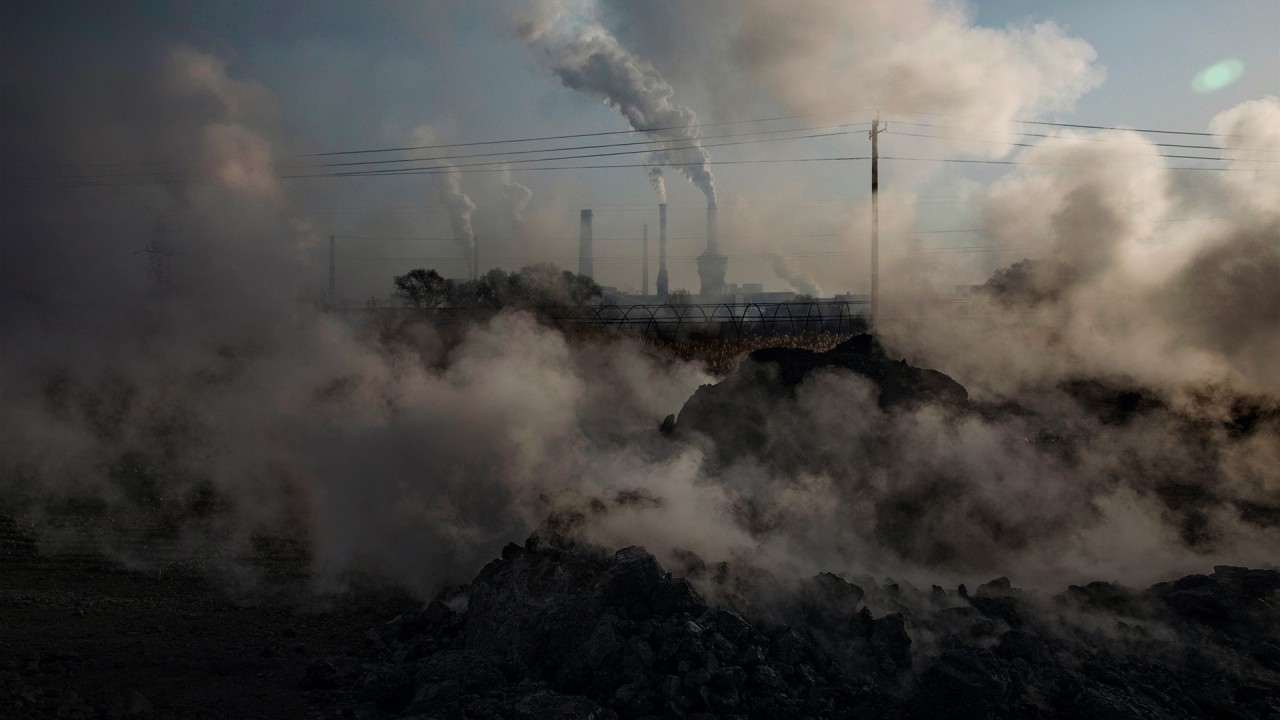Advertisement
Opinion | How turning value chains green can accelerate the global transition to net-zero emissions
- Covid-19 has wreaked havoc on global value chains, but it could also spark a rethink of how to organise them and where to locate production
- Going green can become a competitive advantage for emerging economies seeking to join global production systems and fulfil climate commitments
Reading Time:3 minutes
Why you can trust SCMP

Clogged ports, long shipping delays and skyrocketing transport costs are all evidence of the havoc Covid-19 continues to wreak on global value chains. Firms are reconsidering where to locate production, whether and how much redundancy their operations need and which inventories to hold as a buffer against future shocks.
Advertisement
The effects are rippling through the global economy, creating additional uncertainty and slowing recovery. Moreover, with policymakers in Glasgow for the UN Climate Change Conference, there is increasing pressure to decarbonise production and transport along global value chains.
How quickly this happens is of great importance. Global value chains account for about half of global exports, and emerging and developing economies’ share of these production networks has increased significantly since the 2008 global financial crisis.
For example, a low- or middle-income economy no longer needs to produce a whole car to enter the global automobile supply chain. It is enough to specialise in one small component.
Against this backdrop, a recent report from the Asian Infrastructure Investment Bank examines the pandemic’s impact on global value chains. It shows how they can become tools for achieving the 2015 Paris climate agreement’s goal of limiting global warming to 1.5 degrees Celsius, relative to preindustrial levels.
The evidence from previous crises that disrupted key supply chains – such as the 1999 Jiji earthquake and the 2011 Fukushima nuclear disaster – suggests strong efficiency pressures and heavy dependence on personal trust in supplier relationships favour a return to the status quo. If this pattern holds, current pandemic-induced global value chain disruptions will prove temporary.

Advertisement

